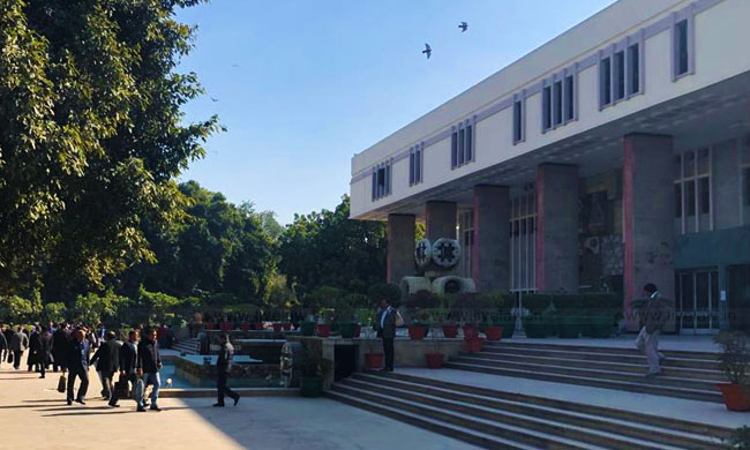Ration Cards Can't Be Considered As Proof Of Address Or Residence: Delhi High Court
Nupur Thapliyal
7 March 2024 10:02 AM IST

Next Story
7 March 2024 10:02 AM IST
The Delhi High Court has observed that a ration card is issued exclusively for obtaining essential commodities from shops under the public distribution system and cannot be considered as proof of address or residence. Justice Chandra Dhari Singh said that there is no mechanism setup by the authority issuing ration cards to ensure that the holder is staying at the address mentioned...
